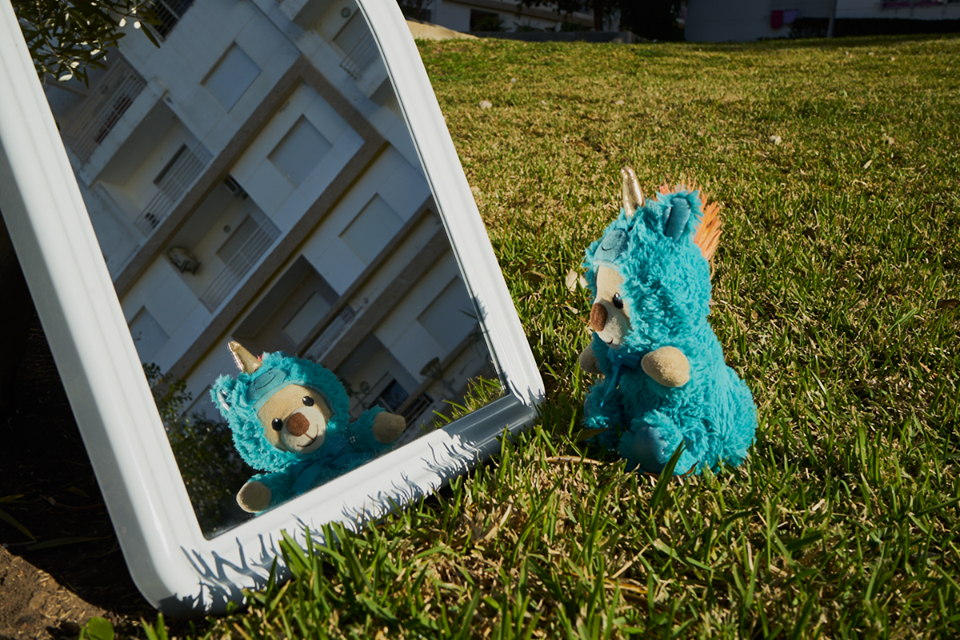This week, we focus on the last of the 8 types of intelligence: intrapersonal intelligence. Although the opposite of interpersonal intelligence that promotes contact with others, intrapersonal intelligence is not unique to asocial people and closed on themselves. On the other hand, it is true that this type of intelligence requires people who are endowed with more moments of solitude and introspection than other types of intelligence.

People who have this kind of dominant intelligence are keen to get to know and understand each other. They know how to recognize and control their emotions, know their strengths and weaknesses and are constantly working to improve themselves. They are people with a strong capacity for introspection and they are often very intuitive. Capable of reaching out for help when it is needed, it is often people who have defined goals and objectives, and who have the tools to reach them. They like to think before acting, even so often, those around them feel that they are impulsive because, since he does not talk about his progress, they are often confronted with a fait accompli.
In a child, this type of intelligence is noticed in those who know how to manage their emotions, almost in an innate way. They usually have good self-esteem and can develop their strengths and work on their weaknesses without seeming to be discouraged. They are attentive to their needs and know how to name them when they are not being met. They often prefer to play alone or with one person at a time and learn much better solo than in a team, especially if they are given the time to think and do the research they want to do.
People with intrapersonal intelligence are often drawn to professions like writer, researcher, entrepreneur, philosopher, therapist, psychologist or theorist.
How to develop this type of intelligence in a child of which it is the main intelligence.
In fact, let’s be honest, one of the great strengths of this type of intelligence is that the person knows how to develop it themselves. So she doesn’t need support unless she asks for it. On the other hand, it is important for those around you to encourage and understand it by:
- Allowing him or her to spend long moments alone whenever she feels the need, without judging or blaming her. It is a great strength to know yourself and learn to think and develop. These children will love having their own corner where they can read, listen to music, meditate or play alone without the risk of being disturbed.
- Although this child knows himself very well, he sometimes has trouble recognizing emotions in others. You can therefore offer him games on emotions or even readings or pictures.
- Give him a diary so he can put his thoughts in writing.
- If he likes artistic activities or DIY, offer him to show him how to do a vision board. As he likes to focus on his goals and objectives, it is a tool that he will particularly appreciate.
- Isign it up for individual activities rather than team activities. It will meet her needs much better.
- Unless he asks for help, let him do his homework and lessons alone. You can always check its progress afterwards. He needs solitude to think and understand well.
Develop this type of intelligence in a person for whom they are not primary.
As we said earlier, it is a great strength to know yourself and to be able to identify your strengths and challenges and work on them. Here are a few ideas to get there.
- Learn to do yoga together.
- Meditate with your child. There are several methods designed for children that work very well and can be integrated quickly and easily into our routine. For my part, I really like “The meditation of the frog”. It’s a CD book available in bookstores, but meditations are also available on YouTube.
- When you go to bed, invite your child to think about the things that he is grateful for that day and to name something that he is proud of or that he loves about himself. If he’s having trouble, you can help him by telling him what you like about him or what you liked about your day. Over time, it will get easier.
- When he is discouraged, remind him that sometimes it takes time before you succeed at something difficult, that it is a challenge. Remind him of the things he is doing now that were difficult at first.
And you, do you have other ideas to develop this type of intelligence? Do you know people who have it?
Next week I will offer you the conclusion of this dossier! Good week!